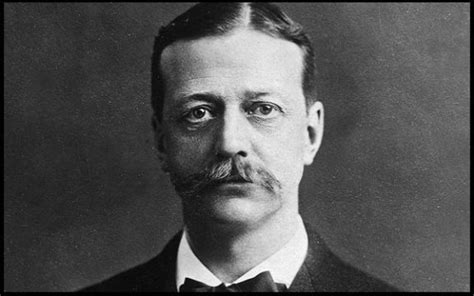A Quote by Alfred North Whitehead
Wisdom alone is true ambition's aim, wisdom is the source of virtue and of fame; obtained with labour, for mankind employed, and then, when most you share it, best enjoyed.
Related Quotes
And all knowledge, when separated from justice and virtue, is seen to be cunning and not wisdom; wherefore make this your first and last and constant and all-absorbing aim, to exceed, if possible, not only us but all your ancestors in virtue; and know that to excel you in virtue only brings us shame, but that to be excelled by you is a source of happiness to us.
To possess both wisdom and compassion is the heart of our human revolution. If you have wisdom alone and lack compassion, it will be a cold, perverse wisdom. If you have compassion alone and lack wisdom, you cannot give happiness to others. You are even likely to lead them in the wrong direction, and you won't be able to achieve your own happiness.
WISDOM IS dependent upon knowledge. Where there is complete ignorance there can be no wisdom, no knowledge of the right thing to do. Man’s knowledge is comparatively limited and so his wisdom must be small, unless he can connect his mind with a knowledge greater than his own and draw from it, by inspiration, the wisdom that his own limitations deny him. Only God knows all truth; therefore only God can have Real wisdom or know the right thing to do at all times, and man can receive wisdom from God. Wisdom is obtained by reading the mind of God.
As early as 1776, [John Adams] expressed his doubts about America's capacity for virtue. "I have seen all along my Life, Such Selfishness, and Littleness even in New England, that I sometimes tremble to think that, altho We are engaged in the best Cause that ever employed the Human Heart, yet the Prospect of success is doubtfull not for Want of Power or of Wisdom, but of Virtue."
Those people who have got wisdom are very lucky people, but wisdom comes from no source but your own understanding of life. When a person starts thinking, "Why am I doing such and such thing ? What is the effect of my doing ? What is the result of my behaviour ? Is it good for me or bad for me ? " , then wisdom comes.
Why is wisdom so fair? Why is beauty so wise? Because all else is temporary, while beauty and wisdom are the only real and constant aspects of truth that can be perceived by human means. And I don't mean the kind of surface beauty that fades with age, or the sort of shallow wisdom that gets lost in platitudes. True beauty grips your gut and squeezes your lungs, and makes you see with utmost clarity exactly what is before you. True wisdom then steps in, to interpret, illuminate, and form a life-altering insight.
Phronimos, possessing practical wisdom . But the only virtue special to a ruler is practical wisdom; all the others must be possessed, so it seems, both by rulers and ruled. The virtue of a person being ruled is not practical wisdom but correct opinion; he is rather like a person who makes the pipes, while the ruler is the one who can play them.
The aim of every political Constitution, is or ought to be first to obtain for rulers men who possess most wisdom to discern, and most virtue to pursue, the common good of society; and in the next place, to take the most effectual precautions for keeping them virtuous whilst they continue to hold their public trust.








































